When Stellan Skarsgård accepted his lead role in the film Sentimental Value and found out that it was shooting in Norway, he had one condition. In fact, he was willing to take a pay cut and become executive producer of the movie in order to ensure that his wish was granted. He wasn’t going to do the movie unless everyone in the cast and crew was ensured “good lunches” during filming.
The reasoning behind this was due to Skarsgård’s first experience shooting a film in Norway when he was cast in the 1997 production of Insomnia, later remade by Christopher Nolan in 2002. The lunches offered during the shoot were a “loaf of bread, that’s pre-sliced, and a plastic salami” and he “lost eight kilos” during the production. The experience was so horrid to Skarsgård that he promised himself that he’d never live through that again.
@chrisgqpery Join Stellan Skarsgård as he shares his love for Swedish liquorice! This clip is perfect for food enthusiasts and fans alike. #StephenColbert#SwedishLiquorice #FoodLovers #StellanSkarsgard
“After Insomnia, I gathered the whole crew and said, ‘I’ll never film in this country again – unless we get a good lunch,’” said Skarsgård. “I’ve made other films in Norway since then, but it has always said in my contract that everybody should get lunches of the highest European standard. And that’s expensive. Norway, they’re the richest country, but they don’t want to spend money on food.”
Skarsgård took “half a million kroner” from his salary to ensure everyone would be able to sit and eat good food “served on real china” during their lunch break. “It makes everybody happier and makes the film much better,” he claimed.
It may sound a bit like an overreaction or indulgence, but Skarsgård isn’t wrong regarding his passion for a quality lunch break for himself and his coworkers. According to a 2022 Gallup poll, 57% of workers in the United States and Canada report feeling stress throughout their workday and a growing number of them are skipping their lunch breaks. Nearly half of them skip lunch at least once per week.
@theemillennialmanager Do you hear me!! Say YES!!! #corporatemillennial #millennialmanager #seniorleadership #senioradministrator #management #managementadvice #workplaceculture #careeradvice #hr #workplace #corporatejob #corporatecareer #careertip #leadershipdevelopment #managementtips #corporatelife #corporatejob #careertip
This is counter to data that says taking a scheduled lunch break each day not only recharges employees physically, but recharges them mentally and makes them more efficient at their jobs. If you work alongside other employees, a Cornell University study found that lunch breaks are opportunities for camaraderie and the team’s overall performance improves. If an employee works remotely, lunch breaks still provide a needed mental break while creating opportunities for socialization via “lunch Zooms” and the like. After such a break, the employees will not just be more energized and productive, but also less stressed and resentful of their work in the long run, too. Skipping lunch also doesn't improve a person's standing at their job either.
@workhap #stitch with @therealelwoods why you shouldn’t skip your lunch #career #work #careerprogression #moremoney #sixfigures #workhap
So Skarsgård is right. While it doesn’t have to be served on fine dishware or fit the highest standards of European cuisine, having a relaxing lunch break each day to just savor your meal, enjoying the company of your coworkers, and taking a full break from your duties benefits both the humans involved and the quality of the work they do. Just be sure to eat something better than a loaf of bread and plasticky salami.


















 A car with LED headlightsCanva
A car with LED headlightsCanva

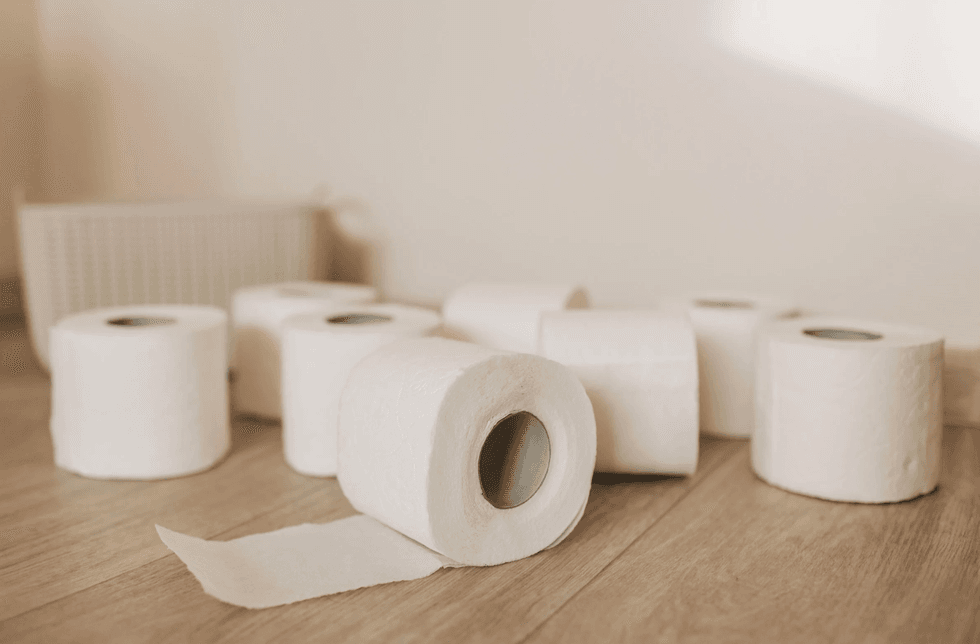 A collection of toilet paper rollsCanva
A collection of toilet paper rollsCanva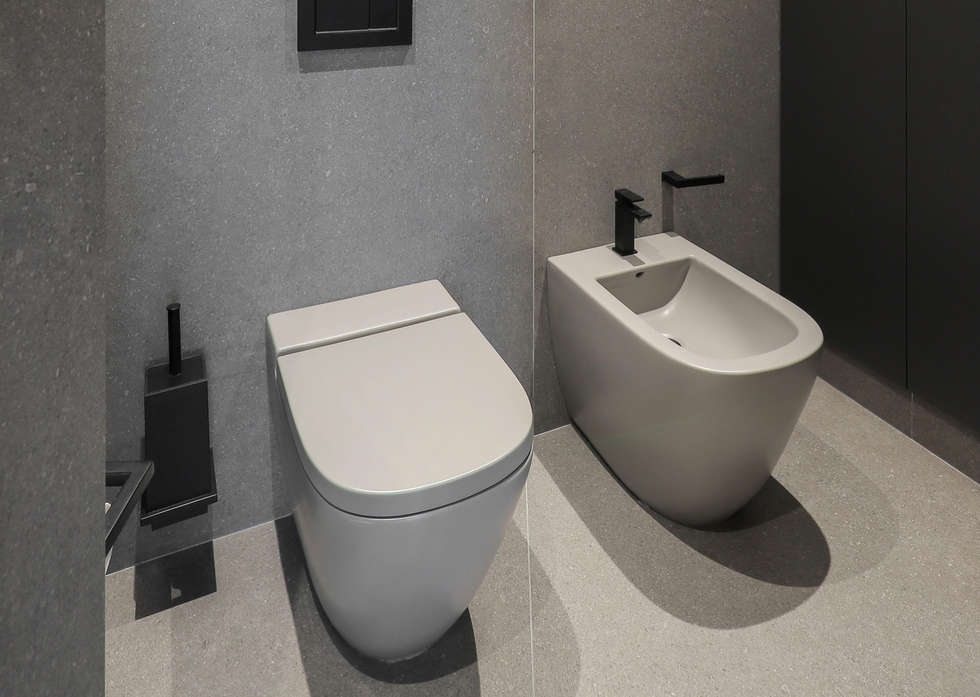 A bidet next to a toiletCanva
A bidet next to a toiletCanva A cute pig looks at the cameraCanva
A cute pig looks at the cameraCanva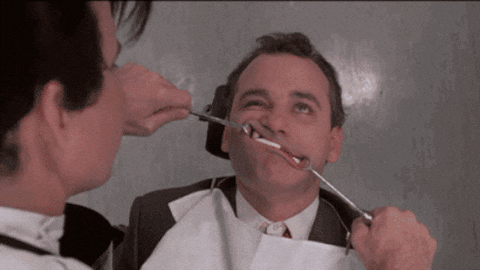 A gif of Bill Murray at the dentist via
A gif of Bill Murray at the dentist via 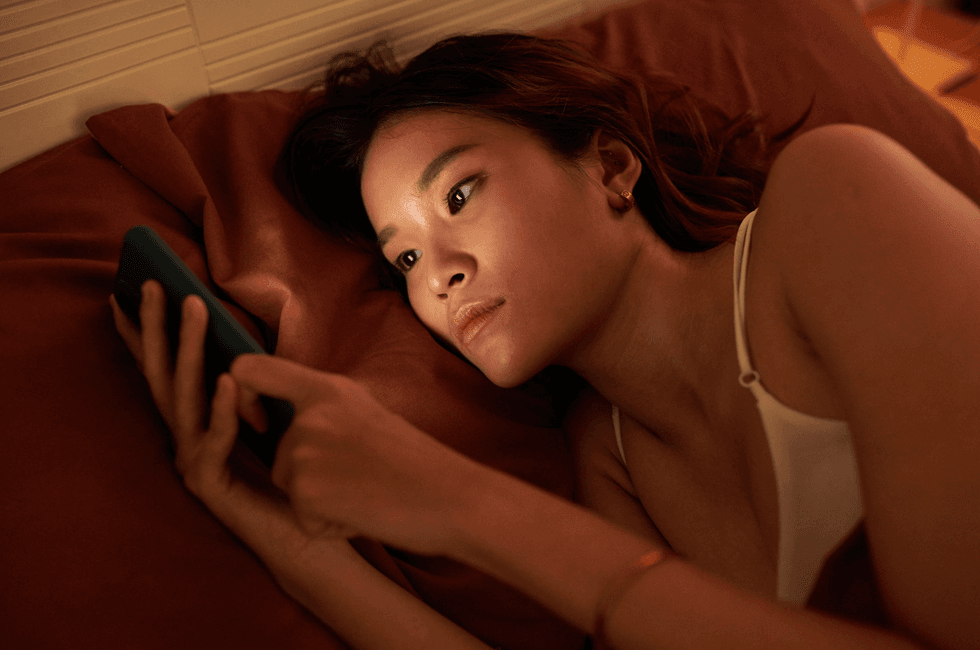 A woman scrolls on her phoneCanva
A woman scrolls on her phoneCanva
 A confident woman gives a speech in front of a large crowdCanva
A confident woman gives a speech in front of a large crowdCanva
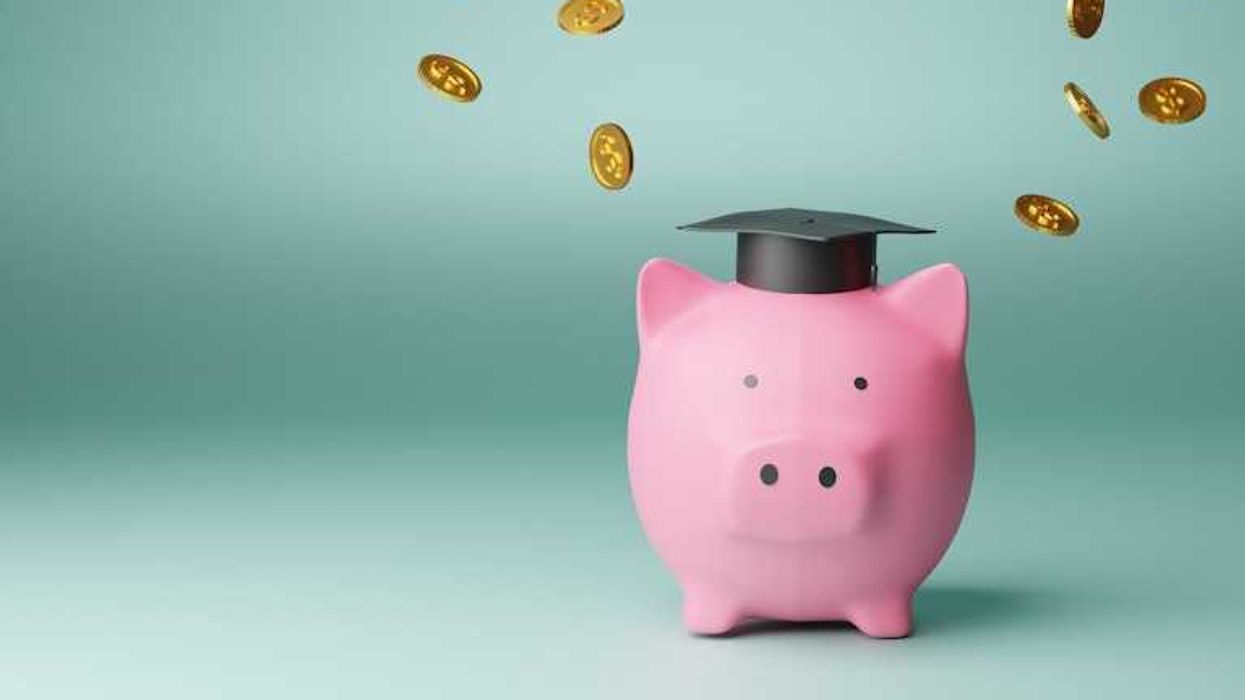
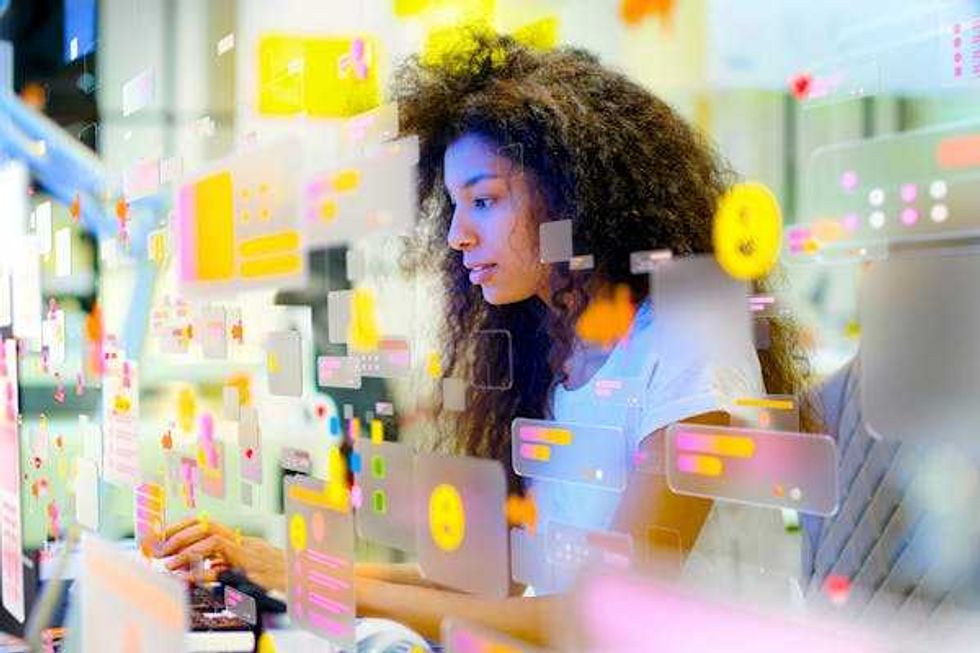 Creativity and innovation are both likely to become increasingly important for young people entering the workplace, especially as AI continues to grow.
Creativity and innovation are both likely to become increasingly important for young people entering the workplace, especially as AI continues to grow.
 As mayor of Stockton, Calif., Michael Tubbs ran a pioneering program that provided a basic income to a limited number of residents.
As mayor of Stockton, Calif., Michael Tubbs ran a pioneering program that provided a basic income to a limited number of residents. Martin Luther King Jr. believed Americans of different racial backgrounds could coalesce around shared economic interests.
Martin Luther King Jr. believed Americans of different racial backgrounds could coalesce around shared economic interests.
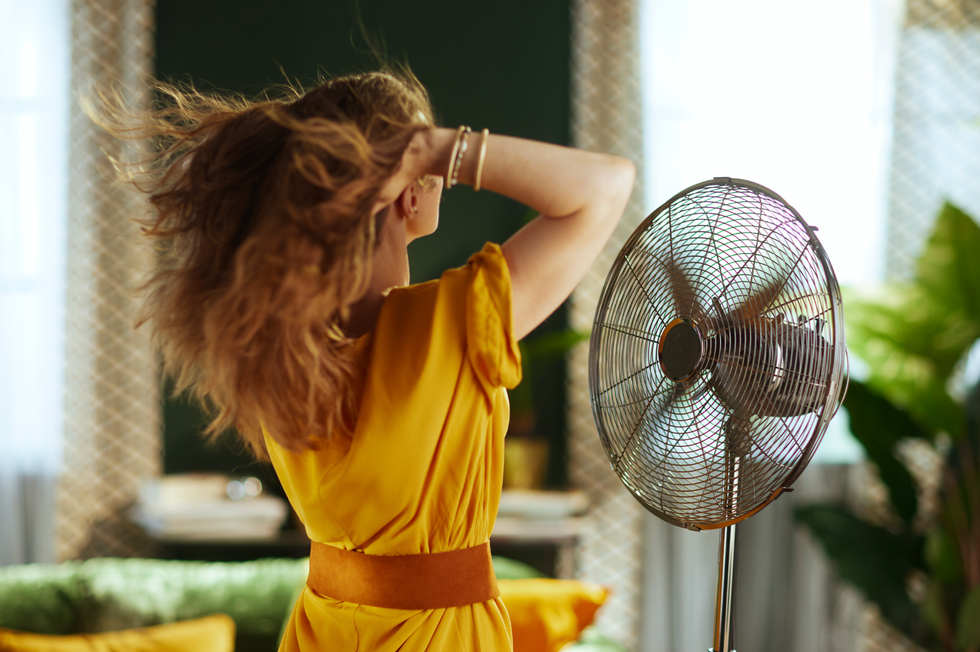 Confident young womanCanva
Confident young womanCanva